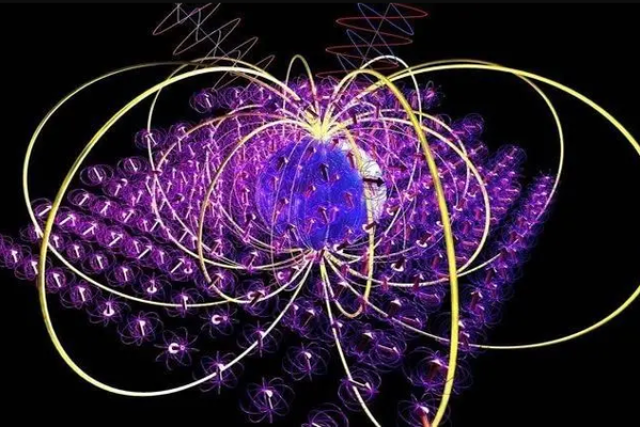At the end of 2020, the Air Force Office of Scientific Research at the Air Force Research Laboratory awarded 17 grants for quantum information research, two of which focused on the use of quantum computing to overcome problems in navigation without the use of GPS, according to the publication Inside GNSS. Quantum computing and quantum sensors use quantum bits (qubits) to speed up computing processes while performing multiple operations simultaneously, which is beyond the capabilities of modern computers.
Two GPS-related grants under the Quantum U Tech Accelerator program have been awarded:
Gurudev Dutt, University of Pittsburgh (USA): Quantum sensing with improved memory for navigation without GPS;
John Close, Australian National University: Quantum sensors for navigation without GPS.
Winners are eligible to apply for an annual grant of $75,000 each. A little more than half of the grants were awarded to researchers from the United States, a third - from Australia, and the rest went to scientists from Switzerland.
Gurudev Dutt's summary states that his research "focuses on the quantum control of condensed matter systems. Advances in materials manufacturing and nanotechnology have pushed modern electronic and optical devices to modes in which the quantum properties of matter become important. A key feature of quantum physics is the principle of quantum superposition. For a single particle, this allows for the existence of a phase-coherent quantum wave function; for two or more particles, the quantum entangled wave functions reveal non-classical correlations between the particles. Quantum coherence and entanglement are not only the cornerstones of modern physics, but they have also become tools in the growing field of quantum computer science and technology with which to implement new paradigms for secure communication, advanced computing, and precision metrology."
The John Close (National University of Australia) page says:
The Center for Innovation in Rome, New York, hosted a million-dollar virtual event for the Quantum U Tech Accelerator program from September 1 to 3, 2020, with financial support from the AFRL Information Administration, AFOSR, the Office of Naval Research, and additional support provided by the Griffiss Institute, the State Technology Corporation, and the SUNY Research Foundation. This was a multi-level collaborative effort with the shared goal of accelerating quantum innovation for the U.S. military and coalition partners.

